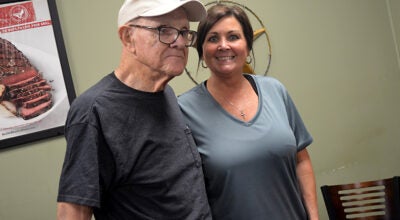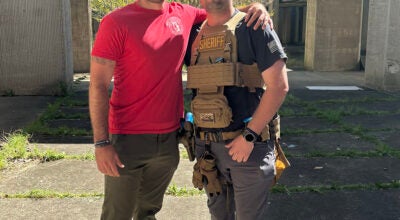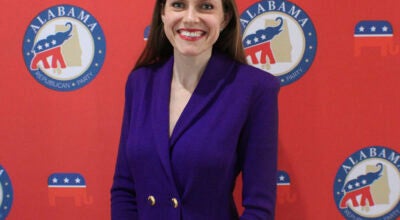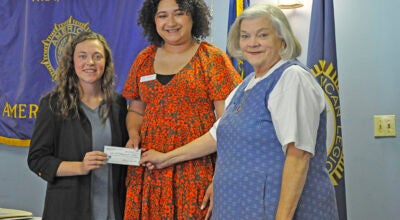Childcare bill would subject churches to state rule
Published 3:00 am Wednesday, March 8, 2017
A bill that passed through a House committee in the state Legislature last week would require church-affiliated day cares to be licensed by the Alabama Department of Human resources.
Church-run day cares in the Pike County area said the bill wouldn’t change the way they operate though, as they already voluntarily adhere to the state’s regulations.
“Our facility follows the regulations of the state and we will continue to do so if we are required to become a licensed facility,” said Mandy Marino, director of First United Methodist Church.
Marino gave the example of a lunchroom at the church that is used by other groups as well as the day care. She explained that a state regulation requires that the children sit separately from other groups in these types of spaces, a measure that Marino says the center already follows. The only difference, Marino said, is that the childcare workers would need to be kept up to speed on regulations so that they don’t inadvertently violate one.
Employees at other local day cares such as First Baptist’s day care and the Christian Love Center said they too use the state’s rules as their policy.
The House Children and Senior Advocacy Committee approved the bill without a dissenting vote. The approval was a victory for child advocacy groups fighting to end the exemption they say allows anyone to open an uninspected day care as long as they claim to be affiliated with a church, even if the church exists only on paper.
Rep. Alan Boothe, R-Troy, said the bill would ensure that children are protected. “Children are precious commodities,” Boothe said. “You want to make sure everything’s on the up-and-up at the day care centers that are looking after them.”
VOICES for Alabama’s Children said the state is one of seven that broadly exempt faith-based day cares from regulation. About half of the daycares in the state are uninspected, according to the Department of Human Resources. Exempt facilities do not have to meet state regulations such as maximum worker-to-child ratios.





